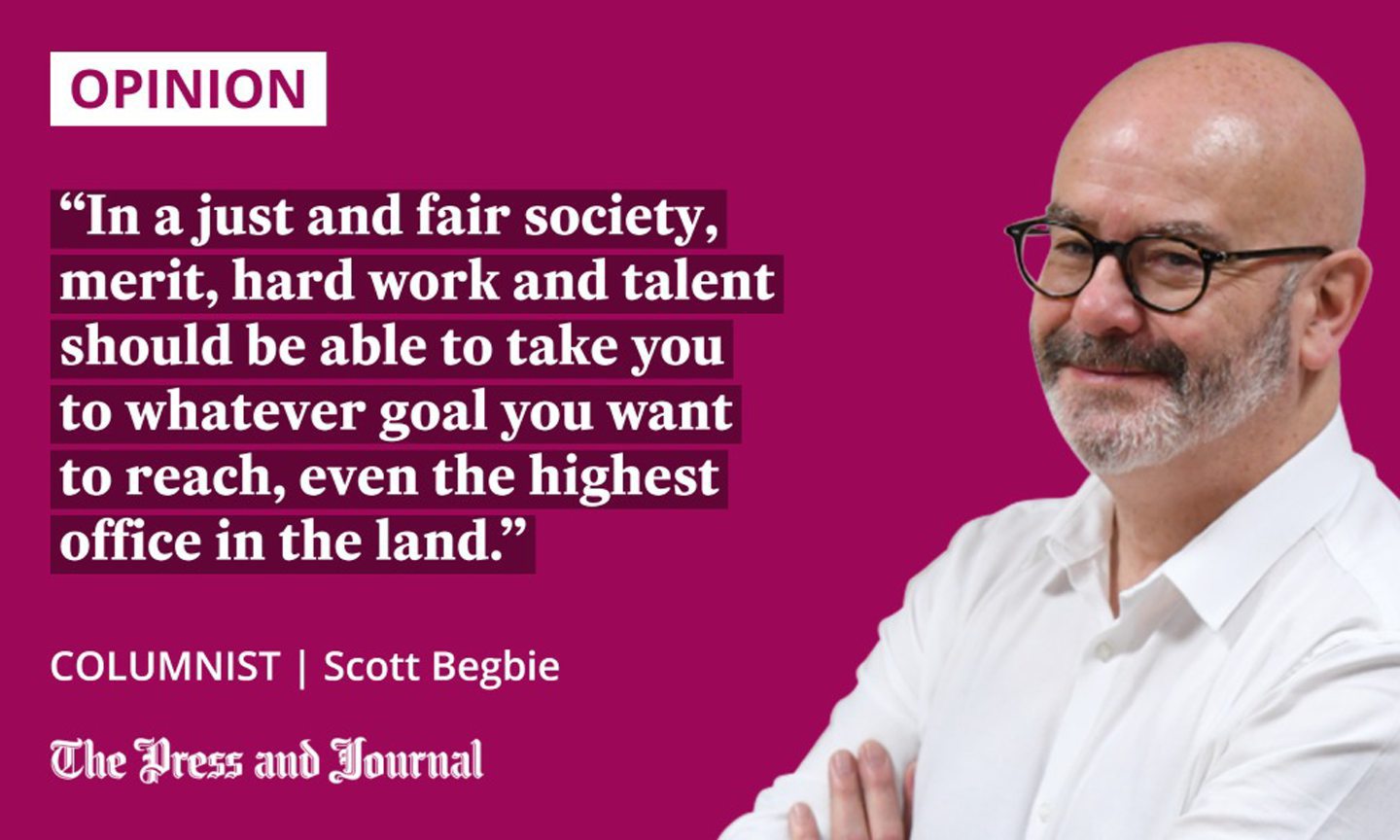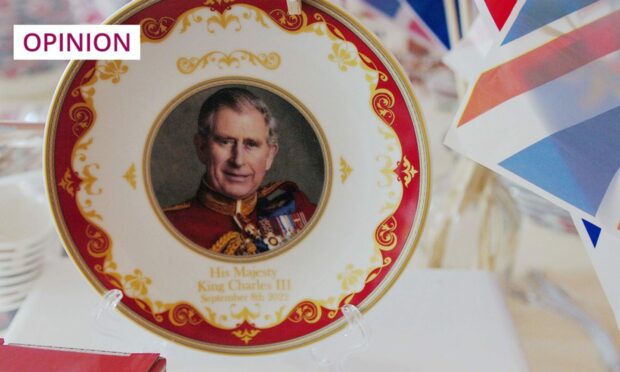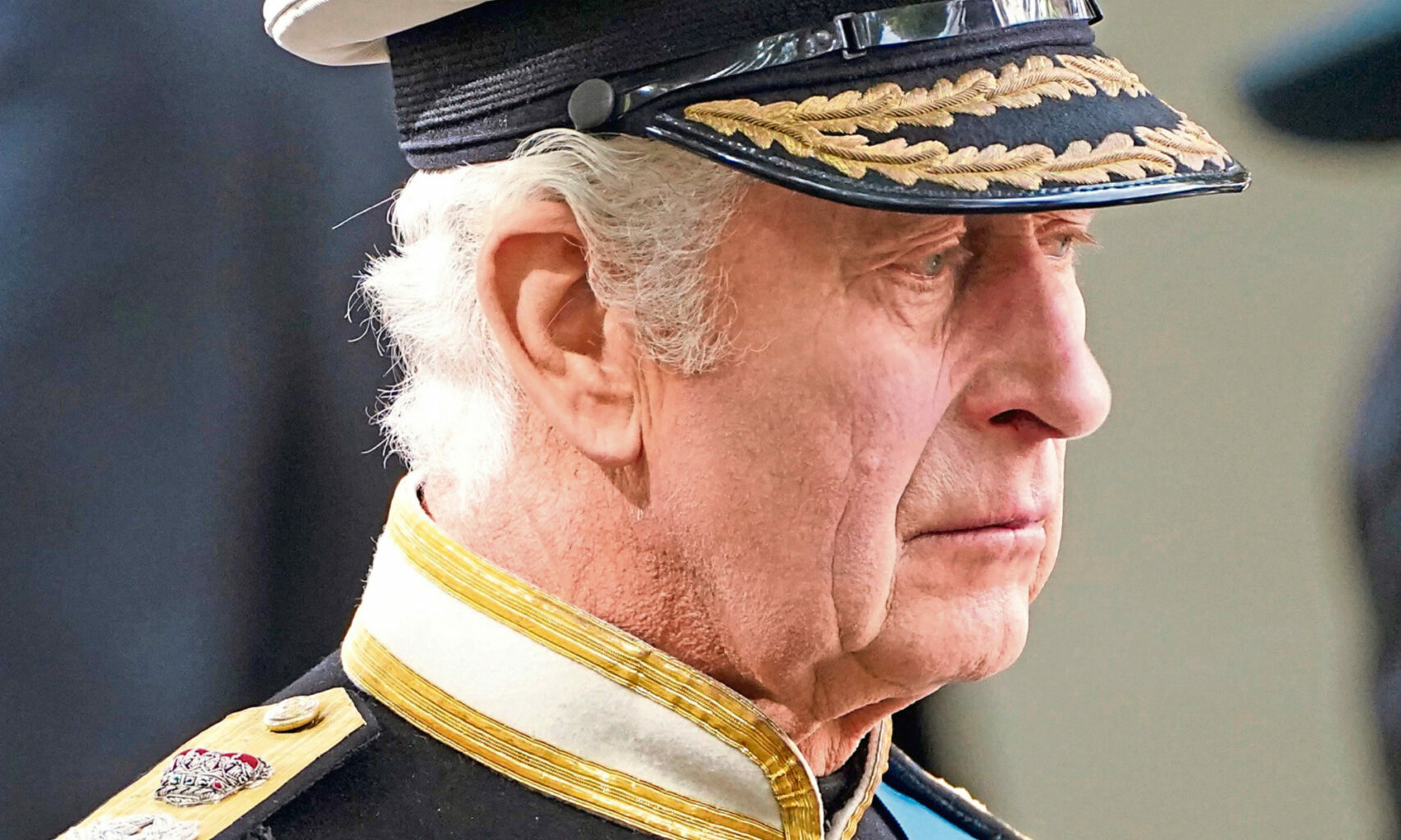OK, so who had the reintroduction of serfdom on their 2023 Bingo Card of Insanity?
I mean, I know we have overlords in Westminster who want to take us back to the good old days of Victorian values, when children were put up chimneys to sweep them and workers’ rights consisted of being grateful to their masters for employing them – but actual peasantry?
Because, whichever way you carve it, inviting millions of people to swear allegiance to the King and his heirs during the coronation on Saturday is as offensive as it is daft.
The organisers of this gilded dog and pony show about to be inflicted upon us no doubt thought it would be a wizard wheeze to get the “homage of the people” on the order of the day. But let’s stop and think what is being talked about here.
Homage, in this instance, is in its historical setting – the one the dictionary defines as: “a vassal’s formal public acknowledgement that he is his feudal lord’s servant”. Aye, right.

So, you can count me out of being among the hoped-for “chorus of millions” intoning: “I swear that I will pay true allegiance to your majesty, and to your heirs and successors according to law. So help me, God.”
Not unless I can change the wording to: “I promise to be a blinkered sycophant who thinks that some bloke and his family is better than me by dint of who his ma’ was.”
And herein lies the whole problem with having a monarchy in the 21st century. It is an anachronistic throwback to feudalism.
This isn’t charming or quaint. It is an affront to democracy and common sense.
Bread and circuses, designed to stop us asking questions
In a just and fair society, merit, hard work and talent should be able to take you to whatever goal you want to reach, even the highest office in the land. No door should be barred to anyone – except, of course, the golden gates of Buckingham Palace, because… Well, just because.
The idea of royalty, of those being better than the rest of us, perpetuates the class system and the sense of privilege and entitlement that, regretfully, still permeates British society. The idea that people should know their place seems to be the guiding principle of the current UK Government.
They might as well be saying: “Look at the lavish spectacle we are putting on to celebrate our glorious new King, see the gold, see the famous faces, see the pomp and circumstance, see how your money is being spent – embrace this special day when you can forget about how you are going to pay your food and energy bills.”
It is bread and circuses, designed to stop us asking questions. And one of the biggest questions we should be asking – and demanding an answer to – is: why do we still have a monarch to lord over us in the 21st century?
If I have one hope for King Charles’s reign, it is that it will be the last one we endure.
Scott Begbie is a former journalist and editor for The Press & Journal and Evening Express


Conversation